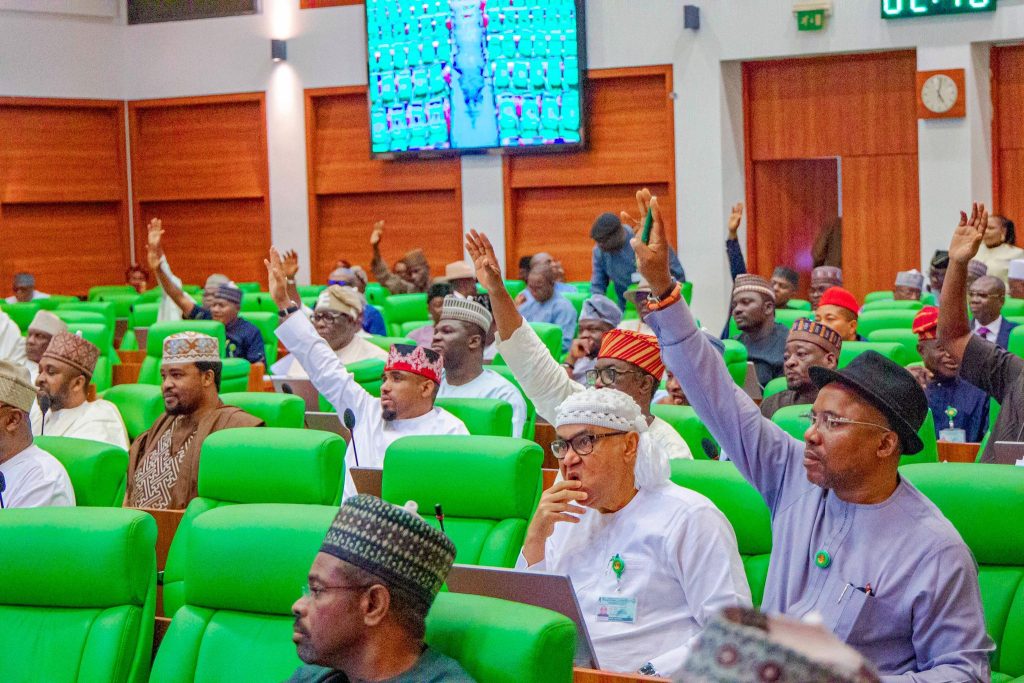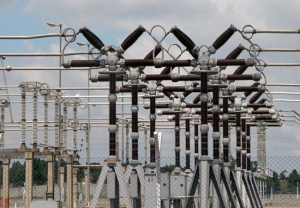
A landmark bill proposing the creation of Ibadan State from the current Oyo State has successfully passed its second reading in the Nigerian House of Representatives. The legislation, sponsored by Abass Adigun, who represents the Ibadan North-East/Ibadan South-East Federal Constituency, aims to amend the 1999 Constitution to officially establish Ibadan State with Ibadan city as its capital.
During Thursday’s plenary session, Adigun emphasized Ibadan’s historical and demographic significance, noting that it is one of Nigeria’s largest and most historic cities deserving statehood. He pointed out that former regional capitals like Enugu and Kaduna have already been recognized as states, while Ibadan, once the capital of the old Western Region, has yet to receive similar recognition.
Adigun argued that the bill represents “a monumental step toward equitable development through federalism and the realisation of the long-held aspiration of the people of Ibadan.” He highlighted that even a single local government in Ibadan is larger than several local governments in smaller states like Bayelsa—a comparison met with objections from some lawmakers but affirmed by Adigun as factual.
The Deputy Speaker, Benjamin Kalu, who presided over the session, referred the bill to the Committee on Constitutional Review for further examination and deliberation.
The push to create Ibadan State comes amid wider calls for state creation to enhance administrative autonomy and fairer resource allocation across Nigeria. Last month, the Olubadan of Ibadanland, Oba Rashidi Ladoja, formally appealed to President Bola Tinubu to grant statehood to Ibadan before 2027, framing it as a matter of justice and historical recognition.
Under Section 8(1) of the 1999 Nigerian Constitution, the creation of a new state requires substantial legislative and popular approval, including:
- Two-thirds majority votes in the National Assembly and State House of Assembly of the affected area.
- Approval by two-thirds of the local government councils in the area.
- Ratification via referendum by at least two-thirds of the residents in the proposed new state.
This arduous constitutional procedure makes the creation of new states rare and difficult, with no new states created since Nigeria’s return to democracy in 1999.
The constitutional amendment process currently underway is expected to conclude by December 2025. Whether the Ibadan State proposal can successfully navigate this legislative gauntlet remains to be seen. Nonetheless, the bill’s progress represents a major symbolic victory for many in the South-West region seeking regional equity and self-governance.






